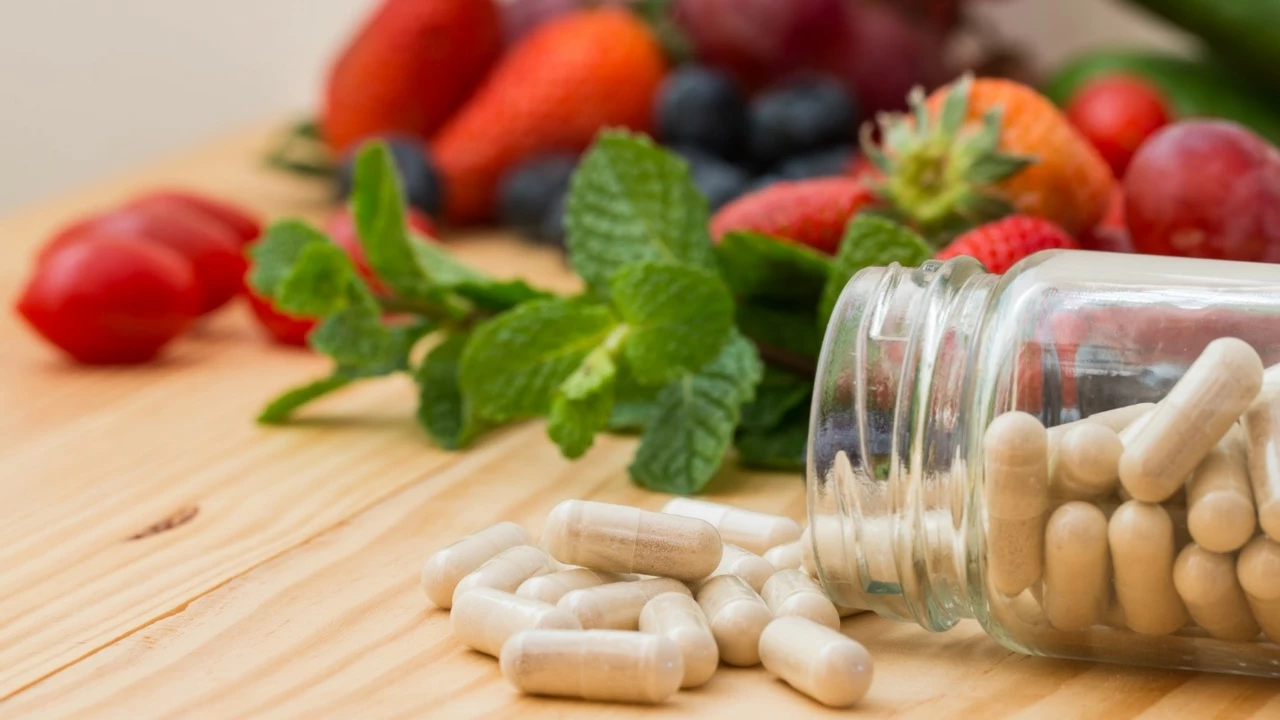Dietary Supplements: What They Are, Why You Might Need Them, and How to Pick Safe Options
If you’ve ever walked past a pharmacy aisle and felt overwhelmed by rows of bottles, you’re not alone. Dietary supplements cover everything from vitamins and minerals to herbs and protein powders. People use them to fill gaps in their diet, boost performance, or support specific health goals. But with so many choices, how do you know what actually works and what’s just hype?
Common Types and When They Help
Most supplements fall into three broad groups: vitamins/minerals, protein/energy boosters, and herbal extracts. Vitamin B6 (pyridoxine) is popular among athletes because it helps turn food into energy and supports muscle recovery. If you’re training hard, a modest dose can be useful, but you don’t need mega‑doses unless a doctor recommends them.
Protein powders, such as whey or plant‑based blends, are handy when you struggle to meet daily protein needs through food alone. They’re especially helpful after workouts for muscle repair. Herbal options like Pao Pereira claim wellness benefits, but the evidence is limited—use them only if you’ve read reliable sources and discussed them with a health professional.
Other everyday supplements include vitamin D for bone health, omega‑3 fish oils for heart support, and magnesium for sleep quality. The key is to match a supplement to an actual deficiency or goal rather than taking a random “miracle” pill.
Safety First – Spotting Quality and Avoiding Pitfalls
Before you click “add to cart,” check the brand’s reputation. Look for third‑party testing labels like USP, NSF, or ConsumerLab. Those marks mean an independent lab has verified what’s inside the bottle.
Read the ingredient list carefully. Some products hide fillers, artificial colors, or unwanted stimulants. If you’re sensitive to certain compounds, this step can save you a lot of trouble.
Beware of “too good to be true” claims. No single supplement can replace a balanced diet, and anyone promising rapid weight loss or instant muscle gain is likely exaggerating. Always compare the recommended daily allowance (RDA) with the dose on the label; exceeding it can cause side effects.
If you take prescription meds, double‑check for interactions. For instance, high doses of vitamin K can interfere with blood thinners, and some herbs may affect heart rhythm medications. A quick chat with your pharmacist or doctor clears up these worries.
Finally, consider price versus value. Expensive doesn’t always mean better. Sometimes a reputable generic brand offers the same quality at a lower cost.
By keeping an eye on testing seals, ingredient transparency, realistic claims, and possible drug interactions, you can choose supplements that truly support your health without unnecessary risks.
Ready to start? Think about what you want to improve—energy, immunity, muscle recovery—and pick one well‑researched product that fits. Track how you feel over a few weeks, and adjust if needed. Remember, supplements are an addition, not a replacement for whole foods and regular exercise.
The Surprising Health Advantages of Sweet Cherry Dietary Supplements
I recently came across an interesting article about the surprising health advantages of sweet cherry dietary supplements. It turns out that these little gems are packed with antioxidants, which help in reducing inflammation and fighting diseases. They are also rich in essential nutrients such as vitamins A, C, and potassium. The article even mentioned that regular consumption of sweet cherry supplements could potentially improve heart health and joint mobility. Who knew that something so sweet and delicious could also be incredibly beneficial for our health?
